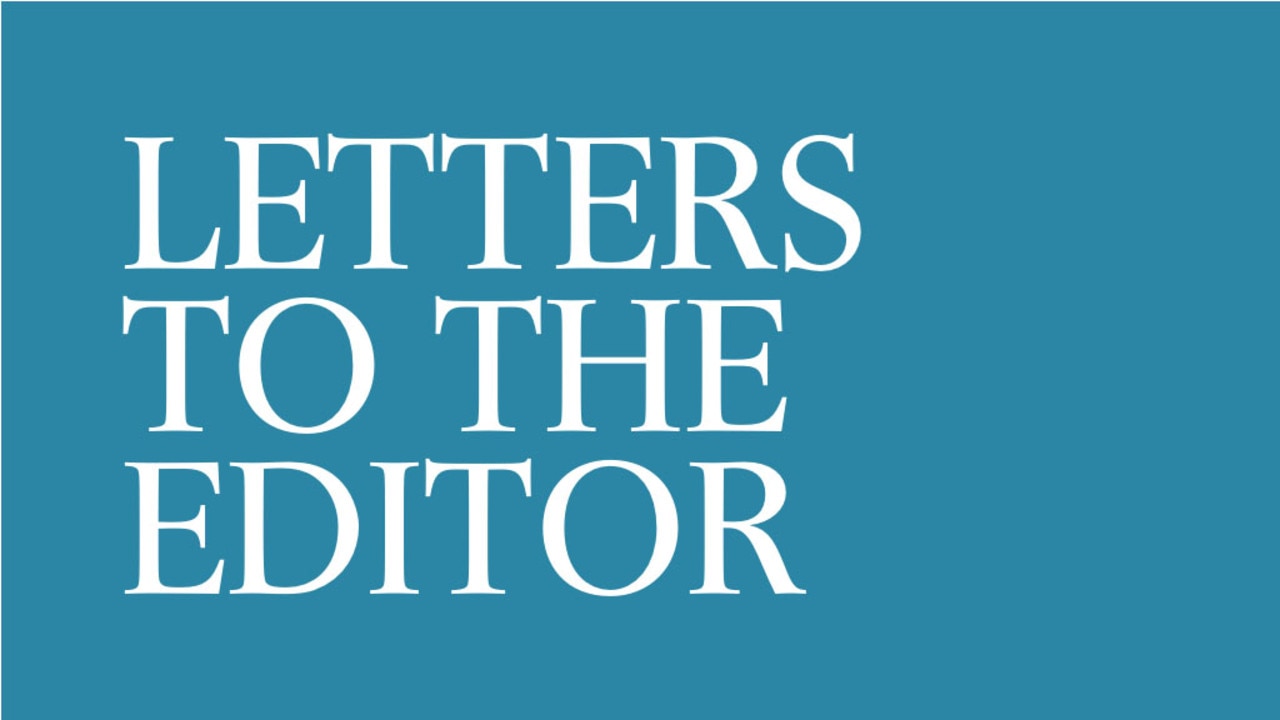Higgins payout first test for new national corruption watchdog
Higgins payout first test for new national corruption watchdog
The investigation into the Albanese government’s quick-fire $2.4m settlement with Brittany Higgins will be the first real test of the effectiveness of the commonwealth National Anti-Corruption Commission (“Taxpayers entitled to ask reason for Higgins payout”, 21/12). Full transparency is required to ensure public confidence in the institution. The outcome of the investigation will determine in the public’s eyes whether the institution is capable of making politicians and bureaucrats publicly accountable or is just a “toothless tiger”. The reaction of the teal independents will also be watched with interest.
Riley Brown, Bondi Beach, NSW
One of the reasons for a free press is the contribution it makes in holding governance to account, especially in muddied circumstances where the truth may be concealed or misunderstood. Even then, the public interest in governance demands full disclosure. Such is the case in what may be termed the Higgins story. Conjecture as to what took place is not from prurience but from puzzlement as to the consequential payment to Brittany Higgins and the continuing reluctance of those in authority to make full disclosure concerning that payment and its circumstances.
As your editorial relates, The Australian has invested considerable time in the Higgins story from the outset because of the public interest, citing as its secondary motivation, the words of Janet Albrechtsen, we the taxpayers are the only people not represented in what has taken place and subsequently (“Taxpayers entitled to ask reason for Higgins payout”, 21/12). Thanks to The Australian’s consistency, the details of the settlement made by the government with Higgins became public knowledge and the question of powerful governance forces under the Morrison administration orchestrating a system of concealment was answered, both in the course of legal proceedings. These enabled the extraction of truthful answers, in one instance in response to the judge’s “killer question”; in others by dint of legal process. Throughout, your paper has maintained its dogged pursuit of the public interest.
As your editorial concludes, the saga still has a way to run. Indubitably, The Australian will persist in the role it has in that running whereby the public interest will benefit immensely. That is in the finest traditions of a free press and is well done.
Ian Dunlop, Hawks Nest, NSW
Red Sea a priority
Seldom do I have an opinion related to Defence that would not be in line with that of Peter Leahy, a former highly respected army chief turned academic (“Why Albanese is correct to be wary of US warship request”, 21/12). On this occasion, however, I must disagree with some aspects of Leahy’s thoughts. There is no doubt our close Pacific region is and must continue to be our number one priority for Defence. But as I see it, keeping the sea lanes of the Red Sea open is fundamental to this priority.
If we don’t keep these lanes open we will certainly not be able to do much else in defending our nation. Surely then we have at least a moral responsibility to assist the US with this mammoth task; to do some heavy lifting alongside our allies, as we have done many times in the past. I’m also a long way from being convinced this decision was about “priorities”.
John George, Terrigal, NSW
The Australian response to the US request to join a naval coalition to protect global civil shipping in the Suez Canal region has been shunned by the Albanese government. Proof yet again, after the recent Israel and UN debacles, that our foreign policy management is a dog’s breakfast at best. We have paid for a small bluewater navy but we are incapable of aiding the protection of a canal. What message does that send internationally about the ADF‘s total lack of sizeable and coherent war-fighting capabilities?
Tom Moylan, Dudley Park, WA
Cost of ‘climate wars’
While Holman W. Jenkins Jr underestimates the threat posed by climate change, he does get one thing right: a carbon tax is the cheapest and most effective way to reduce greenhouse gas emissions (“Subsidies are the wrong approach to emissions”, 21/12). Scientists know it, economists know it and, if truth be known, politicians know it too. Unfortunately, that option has been closed off to Australians due to the toxic “climate wars” that have poisoned debate for almost two decades.
Professor Ross Garnaut recently estimated that if the Gillard government’s carbon tax were still in operation, it would be raising $70bn a year – enough to fund the transition to net-zero emissions and many other programs besides. Instead, we have to rely on the Safeguard Mechanism, which taxes only the nation’s top 215 emitters and is neither efficient nor effective compared with the “real thing”. Those who have till now opposed taxing emissions should put politics aside and do what’s best for the country. We don’t have time to wait.
Ken Enderby, Concord, NSW



To join the conversation, please log in. Don't have an account? Register
Join the conversation, you are commenting as Logout